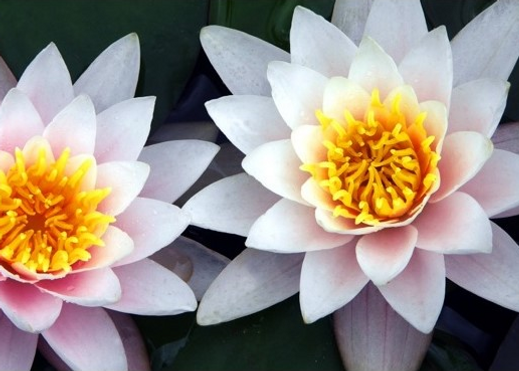
6065 Roswell Road, Suite 515, Atlanta, GA 30328 : Phone: 404-461-9067
Atlanta Psychologist, Atlanta Psychotherapy, Atlanta Therapist, Licensed clinical psychologist, psychotherapy, psychotherapy with children, psychotherapy with adolescents, psychotherapy with couples, couples, psychotherapy with families, family, families, psychotherapy with individual adults, psychotherapy with gay individuals, psychotherapy with gay couples, psychotherapy with lesbians, psychotherapy stress management, stress management, work place coaching, psychotherapy mentoring, mentoring, workplace environments, psychotherapy grief, grief, psychotherapy depression, depression, psychotherapy anxiety, anxiety, psychotherapy panic, panic, Psychotherapy Dunwoody, Psychotherapy Sandy Springs, Psychotherapy Roswell, Psychotherapy Norcross, Psychotherapy Marietta, Psychotherapy Smyrna, Psychotherapy Vinings, Psychotherapy Doraville, Psychotherapy Decatur, Psychotherapy Johns Creek,

Being Mindful of Mindfulness
by Joni E. Prince, Ph.D.
Our world has created a certain amount of ADD-like pressure for almost all of us and the results are often subtle, occasionally dramatic. Telepressure (the need to answer our texts, calls, emails and voicemails) is so new to us that the full effects have yet to be fully studied, much less do most of us know how to proactively structure them. Positive Psychology is a branch of psychology that uses available research to help individuals and families focus on thriving in their lives. So what does this mean and what are some ways to manage stress in this non-stop society in which we live?
Currently, the concept of mindfulness, which is simply being completely aware of your current state and of your surroundings, generally accompanied by some pleasurable or gratitude experience has generated scientific results showing a decrease in anxiety and depression.
What’s an easy way to accomplish this? In one study, in was found that those who spent 10 minutes a day for 21 straight days showed an increase of happiness and peace that lasted for at least 6 months. Further research is being conducted to see if this effect lasts longer.
So, what are possible ways to engage in mindfulness for 10 minutes a day?
- Write about a positive experience that occurred that day in detail.
- Send a “thank you” email/note to someone who you appreciate.
- Write down 3 things for which you are grateful which occurred that day.
- Exercise or do stretches for 10 minutes
- Savor an experience for 10 minutes (i.e., enjoying a cup of coffee, its warmth, smell, taste).
- Meditate for 10 minutes.
- Sit outside in nature for 10 minutes